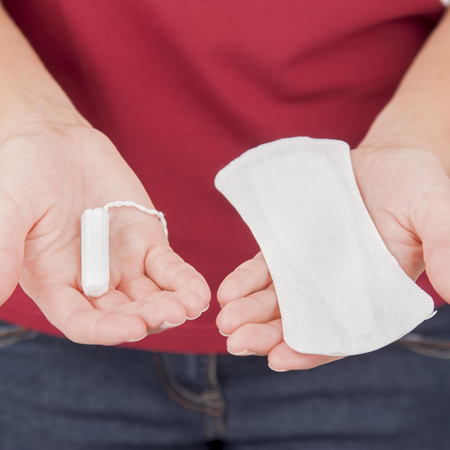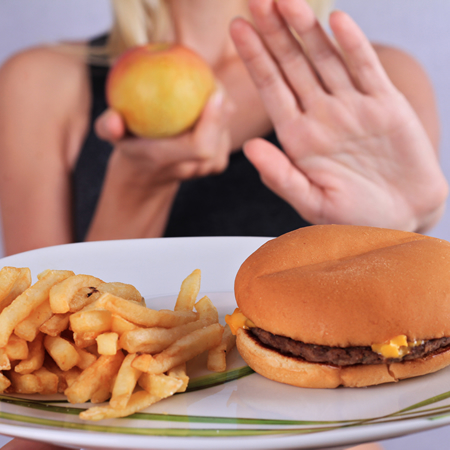6 myths about fertility that do not apply!

6 Myths about Fertility that do not apply!
We live in 2018! Stop listening to the invalid advices of others who are supposed to help in childbirth... "eat chocolate and you will have a boy", and the classic "you have too much stress, so you will not get pregnant".
If you are a healthy couple and have done all the necessary pre conception examinations, then with focused sexual contacts on your fertile days, the coveted pregnancy will come soon!
Myth # 1: "After 35, your chances of becoming pregnant are zero"

This phrase is outdated, it is not valid.
The truth: Studies show that 82% of women between 35-39 years of age get pregnant in their first year of efforts. And women after 40 get pregnant as well, although they have a reduced chance of conceiving. Learn that doctors have a new problem with the women's group of over 40: the percentage of abortions has risen by women who have unprotected intercourse because they believe they are no longer fertile.
See the relevant articles here and here.
Myth # 2: "You cannot be pregnant during your period"

We often hear this, but it does not apply. Young girls need to hear it most.
The truth: It's not a common phenomenon, but it happens. Why? Because in one hand, blood may not be period but it may be associated with ovulation. On the other hand, and more frequent, the blood of the period may still be there when ovulation begins because this menstrual cycle will be very small.
Myth # 3: "Your ovulation is on the 14th day of the cycle"

There is a manual on ovulation which says that on the 14th day of the cycle, the woman is ovulating. Note that this is not the case for all women!
The truth: Generally speaking, ovulation happens about 14 days before the next first day of period. Women's cycles, however, vary. They may last from e.g. 21 to 41 days or more, so you understand that the magical number 14 is not always true! We, at HomeTest, with our HomeTest ovulation tests help you to find your fertile days without stress!
Calculate your cycles with our special calendar, here.
Myth # 4: "As long as the man ejaculates, he is fertile"

The woman diminishes her egg supply somewhere halfway through her life. Is the man fertile forever?
The truth: As men age, their testosterone levels drop. This means that, although there are cases of men in their 70’s getting women pregnant, these cases are becoming more and more rare. Generally, the male's sperm after age of 35, gradually begins to decline in quality, becoming slower and less viable.
See the relevant articles here, here and here.
Myth # 5: "If you lie down on your back after sexual contact, there is a greater chance of pregnancy"

There is a logic to this, but let's see if it really does apply.
The Truth: It is a fact that sperm does not need our help to do their job. The strong sperms (the ones that will eventually make the fertilization) will reach their destination whether we jump up or down or lie down after the sexual act. However, some gynecologists advise women to stay lying down and not to wash in the area for 10 minutes after contact. Everything has to do with the quality of sperm.
See the relevant article here.
Myth # 6: "You should not eat certain food when you try to conceive"

People say different things about what we should and shouldn’t eat, or that we should eat candies if we want twins... and the list goes on...
The Truth: Certainly there are foods that improve fertility, but they have this title just because they are healthy foods, and keep our body healthy and our hormones balanced. Do you want us to tell you what to avoid? Alcohol, caffeine and cigarettes. Otherwise, you can eat what you like, but don't overdo it.
--------------------
See all of our blog posts, by clicking here.
0 comment(s)